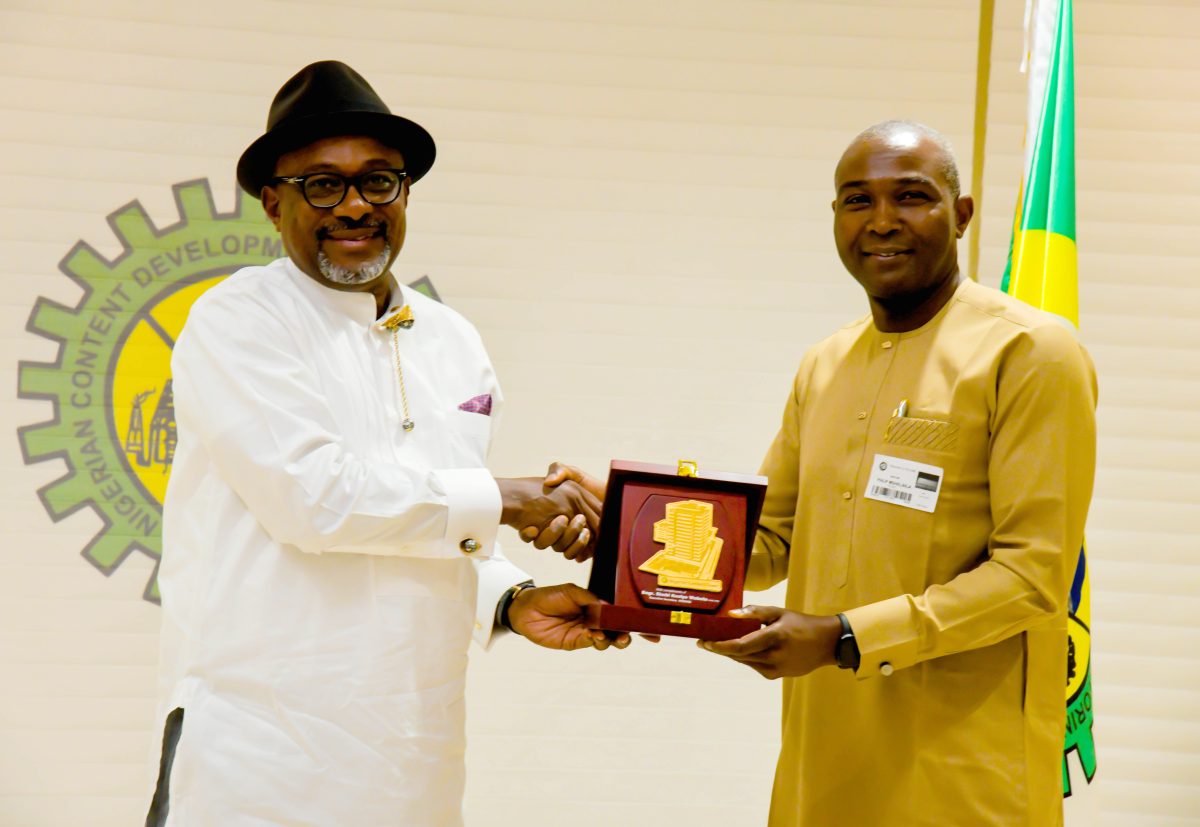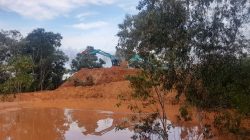The Imperative of Technology Domestication in Nigeria’s Oil and Gas Sector
Nigeria’s oil and gas industry is undergoing a significant transformation, with a growing emphasis on the need to domesticate technology as a cornerstone for enhancing local content. This shift has been strongly advocated by the Nigeria Liquefied Natural Gas Limited (NLNG), which has called for a more localized approach to technological development.
During a panel session titled “Technology as a Local Content Imperative: From Adoption to Domestication” at the NOG Energy Week 2025, Olakunle Osobu, Deputy Managing Director of NLNG, emphasized that technology is not just a tool but the foundation of modern energy systems. He stressed that for Nigeria to thrive in this sector, it must be precise, predictive, and forward-looking in its technological strategies.
Osobu highlighted that the industry’s reliance on technology is immense. However, he argued that simply using technology is not enough. The focus should be on simplifying it and promoting its adoption in a way that resonates with the Nigerian population. This includes making technology accessible through local languages and formats that reflect the country’s unique context.
National Ownership and Policy Alignment
A key message from Osobu was that true technological development must reflect national ownership. He pointed out that no country has advanced by adopting technology in someone else’s language. Countries like Germany and China have succeeded by developing their own systems and frameworks. For Nigeria, this means creating algorithms and tools that are rooted in local languages and realities.
Osobu also underscored the importance of policy alignment. He noted that unless technology is treated as a national development priority, Nigeria will continue to face challenges related to ownership and innovation. He called for inclusive policies that ensure that everyone, regardless of their educational background, can access and use technology effectively.
A Case Study: Train 7 Project
To illustrate his point, Osobu referenced the Train 7 project, a flagship initiative by NLNG. He revealed that over 90% of the contractors involved in the project, including the Project Director, are Nigerians. This achievement is attributed to the company’s long-standing efforts to build capacity and expertise within the local workforce.
Osobu explained that the success of previous projects, such as the construction of six trains, has laid the groundwork for the current Train 7 project. By working alongside international partners, Nigerian professionals have gained the necessary skills and experience to lead future initiatives independently. This progress has been supported by the Nigerian Content Development and Monitoring Board (NCDMB), which has played a crucial role in facilitating these developments.
Expanding Expertise Across Africa
Beyond domestic achievements, Osobu expressed confidence in the potential of Nigerian expertise to contribute to the broader African continent. He pointed out that Nigerians are already present on oil rigs around the world and are highly sought after in global markets. He believes it is time for this expertise to be leveraged to support other African nations that are discovering oil resources.
Countries such as Namibia, Senegal, Ghana, Mozambique, and Angola are now entering the oil and gas space, and Osobu sees an opportunity for Nigerian professionals to play a leading role in these developments. He emphasized that there is no longer a need for these countries to rely on Western expertise; instead, they should look to Nigeria for guidance and support.
Innovations for Technological Identity
In addition to these efforts, Osobu highlighted innovations such as the African keyboard, which allows for the use of African languages in digital systems. This is seen as a critical step toward achieving a true technological identity that reflects the diversity and richness of Nigeria’s linguistic heritage.
Future Vision
Looking ahead, Osobu reiterated NLNG’s commitment to working with policymakers and partners to ensure that domesticated knowledge becomes the foundation for Nigeria’s future in gas and beyond. The company aims to continue adopting and promoting technology in a way that is rooted in the local context, simple, inclusive, and transformative.
By focusing on these principles, Nigeria can position itself as a leader in the global energy landscape while ensuring that its technological advancements serve the needs of its people.







